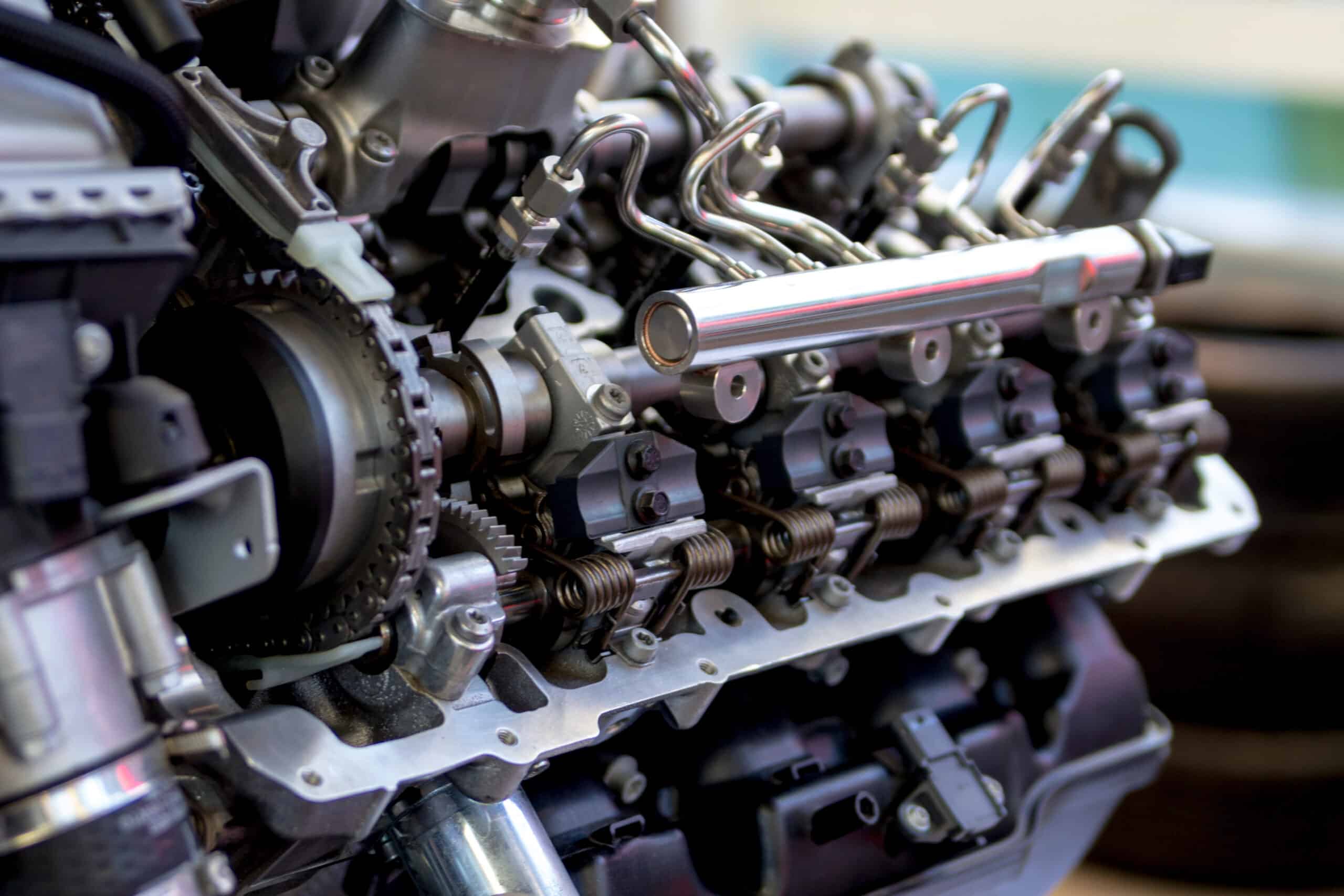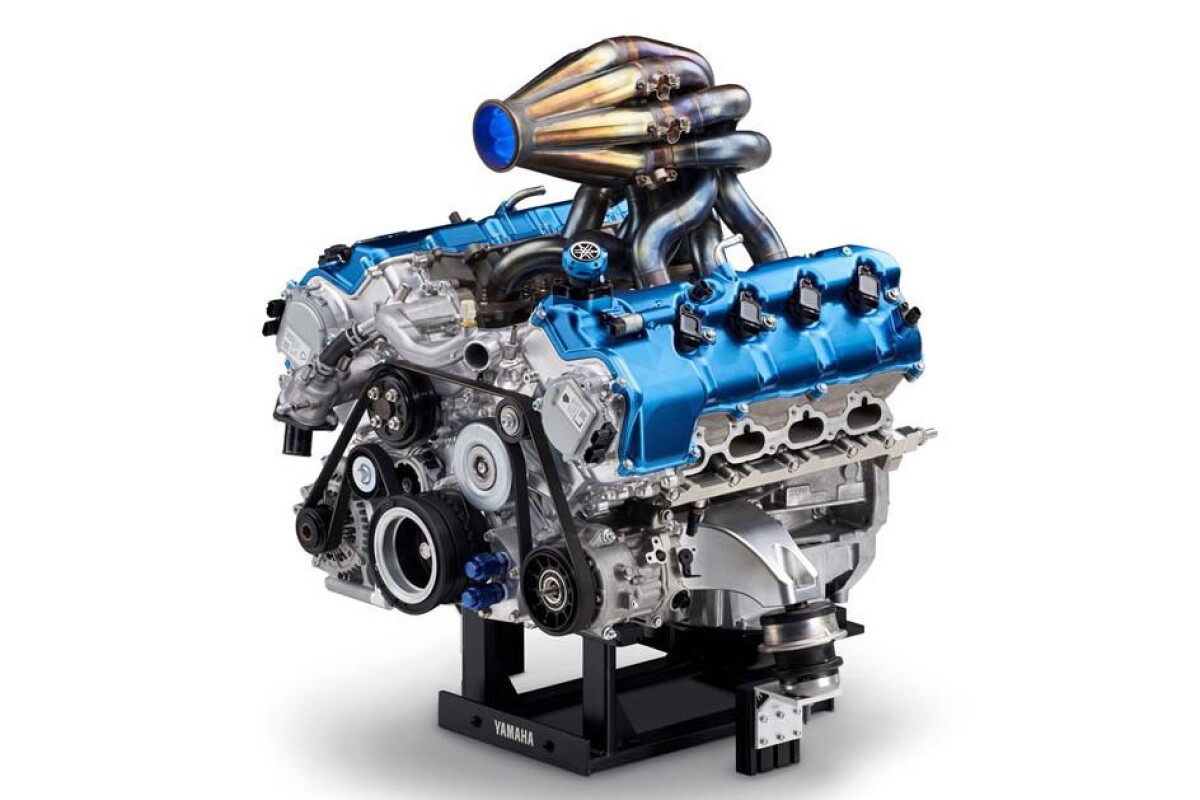Check Out a Large Range of Engines for Every Lorry and Purpose
The vehicle landscape is significantly complicated, with a varied array of engine kinds made to satisfy specific performance and performance needs throughout different lorry groups. In addition, durable engines serve the demands of work vehicles, while environment-friendly choices are acquiring grip in the search of lasting transport.
Sorts Of Automotive Engines
Automotive engines can be classified right into several distinctive types, each designed to satisfy specific efficiency and effectiveness needs. The most common groups include interior burning engines, electric engines, and crossbreed systems.

Electric engines, on the other hand, operate electric power stored in batteries, giving instantaneous torque and absolutely no discharges. These engines are coming to be significantly popular due to advancements in battery innovation and the expanding emphasis on sustainability.
Crossbreed systems incorporate both interior burning and electrical engines, making it possible for automobiles to optimize fuel performance and lower emissions by flawlessly changing between power sources. Each engine kind presents its benefits and negative aspects, affecting elements such as lorry design, meant use, and market demand. When choosing the appropriate engine for their particular requirements., comprehending these distinctions is essential for consumers and producers alike.
Performance Engines for Sports Cars
Performance engines for cars are particularly crafted to supply boosted rate, agility, and power, setting them apart from standard automobile engines. These engines often use advanced technologies such as turbocharging, supercharging, and variable shutoff timing to optimize efficiency and responsiveness.
Typically, performance engines are developed with higher compression proportions, which enable higher power removal from fuel. This leads to impressive horsepower and torque numbers, allowing rapid acceleration and greater full throttle. Furthermore, the light-weight products made use of in these engines, such as light weight aluminum and carbon fiber, add to minimized overall lorry weight, boosting handling and ability to move.
Engine configurations like V6, V8, and also hybrid systems are usual in performance sports cars and trucks, each offering one-of-a-kind advantages in terms of power distribution and driving characteristics. The tuning of these engines is additionally critical; numerous producers optimize the engine management systems to offer a thrilling driving experience, typically consisting of sporting activity settings that adjust throttle action and gear shifts.
Efficient Engines for Daily Commuters
In the world of daily commuting, reliable engines play an essential duty in enhancing gas economic climate and reducing discharges while supplying reputable performance. As metropolitan populations grow and ecological problems magnify, the demand for lorries geared up with efficient powertrains has actually risen.
Modern engines made for day-to-day commuters typically integrate technologies such as turbocharging, straight fuel shot, and crossbreed systems. Turbocharging improves engine efficiency forcibly more air into the burning chamber, enabling smaller, lighter engines that do not jeopardize power output. Direct gas injection improves fuel atomization, causing better burning and increased performance.
Crossbreed engines, integrating internal combustion with electric power, additional boost gas economic situation, especially in stop-and-go web traffic, where typical engines can suffer from inefficiencies. Electric electric motors assist throughout velocity and can run separately at low rates, reducing overall fuel intake.
Additionally, improvements in engine administration systems and light-weight materials contribute dramatically to effective engine style. By focusing on performance, durability, and ecological sustainability, manufacturers continue to provide engines that not just meet the needs of everyday commuting but also line up with international initiatives to reduce carbon footprints.
Heavy-Duty Engines for Work Automobiles
Durable engines for work lorries are routinely engineered to provide extraordinary torque and dependability under requiring problems. These engines are designed to perform you can check here in atmospheres where conventional engines may falter, such as building sites, logging operations, and agricultural settings. The primary focus of durable engines is their capability to create high levels of power while maintaining longevity over expanded durations of procedure.
Normally, heavy-duty engines utilize innovative materials and durable construction methods to hold up against the roughness of heavy work. Attributes such as enhanced cylinder blocks, enhanced cooling systems, and advanced gas injection modern technologies add to their efficiency. These engines commonly about his operate at reduced RPMs, which assists to optimize gas efficiency while supplying the needed power for hauling and pulling.
Along with mechanical effectiveness, heavy-duty engines are frequently geared up with sophisticated electronic control units (ECUs) that take care of performance, exhausts, and diagnostics. This combination enables far better monitoring and upkeep, making certain that work lorries continue to be operational and effective.
Eventually, durable engines are a crucial part in the productivity of various markets, providing the necessary power and integrity to take on the most difficult of tasks.
Eco-Friendly Engine Options
The growing focus on sustainability has actually led to the advancement of eco-friendly engine options that focus on reduced exhausts and improved fuel effectiveness. These engines are designed to reduce the environmental influence of vehicles while still delivering the efficiency and reliability anticipated by consumers.
Among one of the most notable eco-friendly options are electrical and hybrid engines. Crossbreed engines incorporate traditional inner burning engines with electric propulsion, permitting for lowered fuel intake and lower greenhouse gas discharges. Electric engines, on the various other hand, run entirely on battery power, producing zero tailpipe exhausts and adding to cleaner air high quality.
Another encouraging development is the innovation of biofuel engines, which make use of eco-friendly resources, such as plant materials, to power cars (Engines For Africa). By utilizing biofuels, these engines can minimize dependence on nonrenewable fuel sources and lower general carbon footprints

As the auto market evolves, eco-friendly engine options will certainly play an important role in driving the transition in the direction of more lasting transportation options.
Conclusion
From high-performance engines that improve sports auto abilities to effective versions focusing on gas economy for day-to-day view it now commuters, each type serves a particular function. Sturdy engines provide to robust work cars, while environmentally friendly options, such as electrical and biofuel engines, advertise lasting transportation.

 Amanda Bynes Then & Now!
Amanda Bynes Then & Now! Bradley Pierce Then & Now!
Bradley Pierce Then & Now! Judd Nelson Then & Now!
Judd Nelson Then & Now! Joshua Jackson Then & Now!
Joshua Jackson Then & Now! Barbi Benton Then & Now!
Barbi Benton Then & Now!